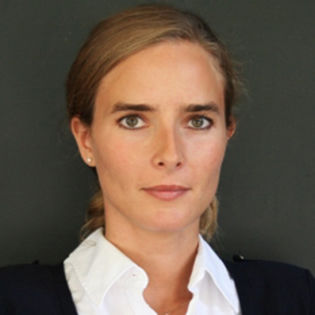Knowing vs. understanding in Judaism
- Dates
- Tuesday 22 March 2022 (17:00-18:30)

Global Philosophy of Religion Public Lecture Series
Speaker: Dr Silvia Jonas (Ludwig-Maximilian University of Munich)
Global Philosophy of Religion Public Lecture Series is a free event and all are welcome.
Abstract
The 12th-century Jewish philosopher Maimonides famously declares that while we can know that God exists, we cannot know, let alone describe, what God is like. And indeed, the overwhelming majority of Jewish religious scholarship is concerned with the practical implications of the writings of the Torah, not with discussions of the nature of the divine. This, however, raises a question: if knowledge of God's nature is impossible to attain, what is the goal of religious observance? Drawing a distinction between knowledge and understanding, I will argue that Judaism is best understood as trying to increase our understanding of the divine.
Dr. Silvia Jonas is a philosopher and Marie-Sklodowska-Curie Fellow at the Munich Center for Mathematical Philosophy. Her primary areas of research are in philosophy of mathematics and science, epistemology, and metaphysics. Jonas graduated from Oxford University and holds a PhD from Humboldt University in Berlin. Central questions of her research are how mathematics shapes the philosophical conceptualisation of reality, whether reality exceeds the physical realm, and if there can be knowledge beyond the limits of language. She is author of Ineffability and its Metaphysics: The Unspeakable in Art, Religion, and Philosophy.
A Zoom Link will be sent to you closer to the event.
The lecture will be chaired by Dr. Bakinaz Abdalla, a Research Fellow in Philosophy based at the University of Birmingham supporting the Global Philosophy of Religion Project.
This public lecture was made possible through the support of a grant from the John Templeton Foundation and the Global Philosophy of Religion Project at the University of Birmingham. The opinions expressed in this lecture are those of the speakers and do not necessarily reflect the views of these organisations.